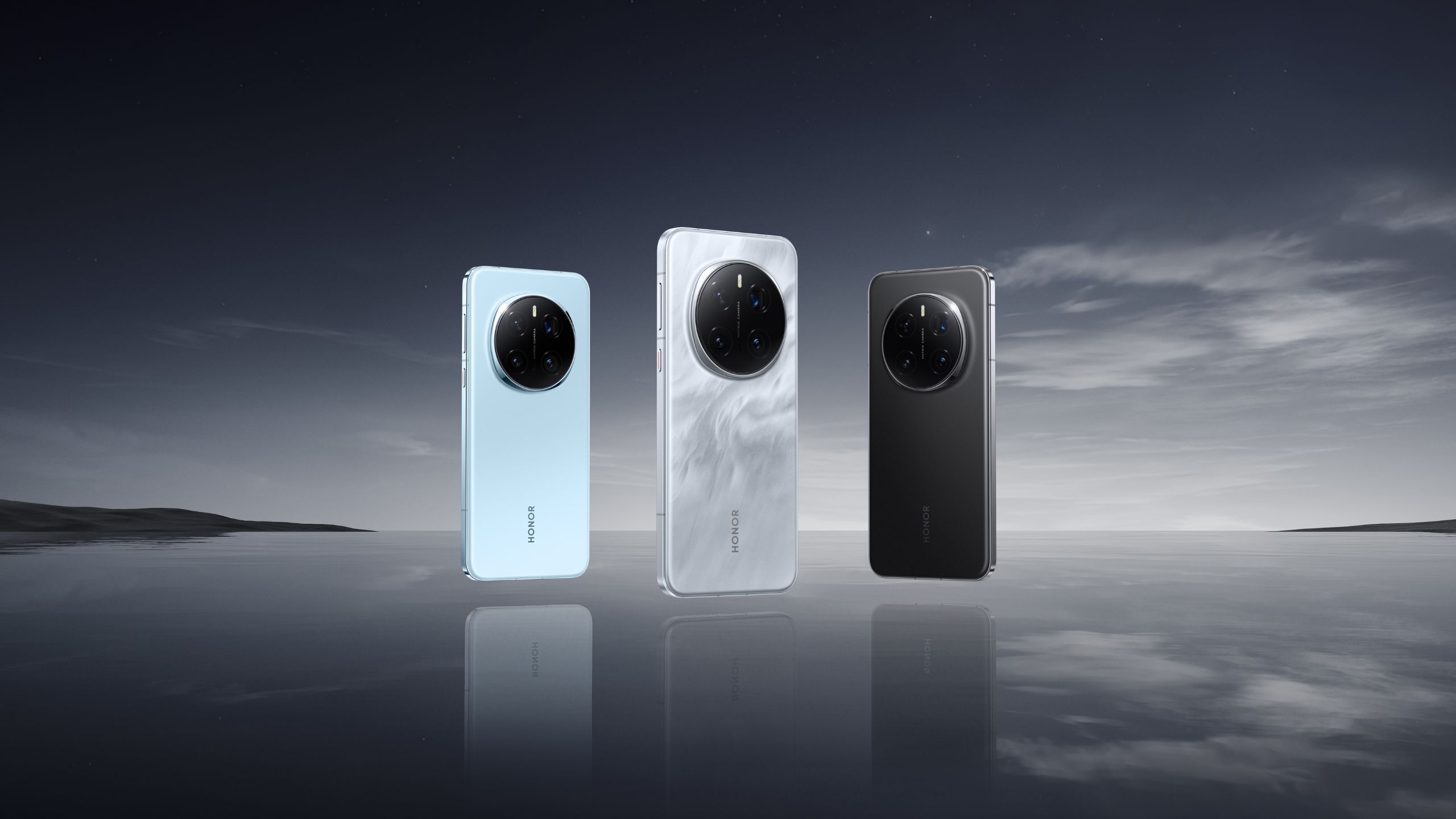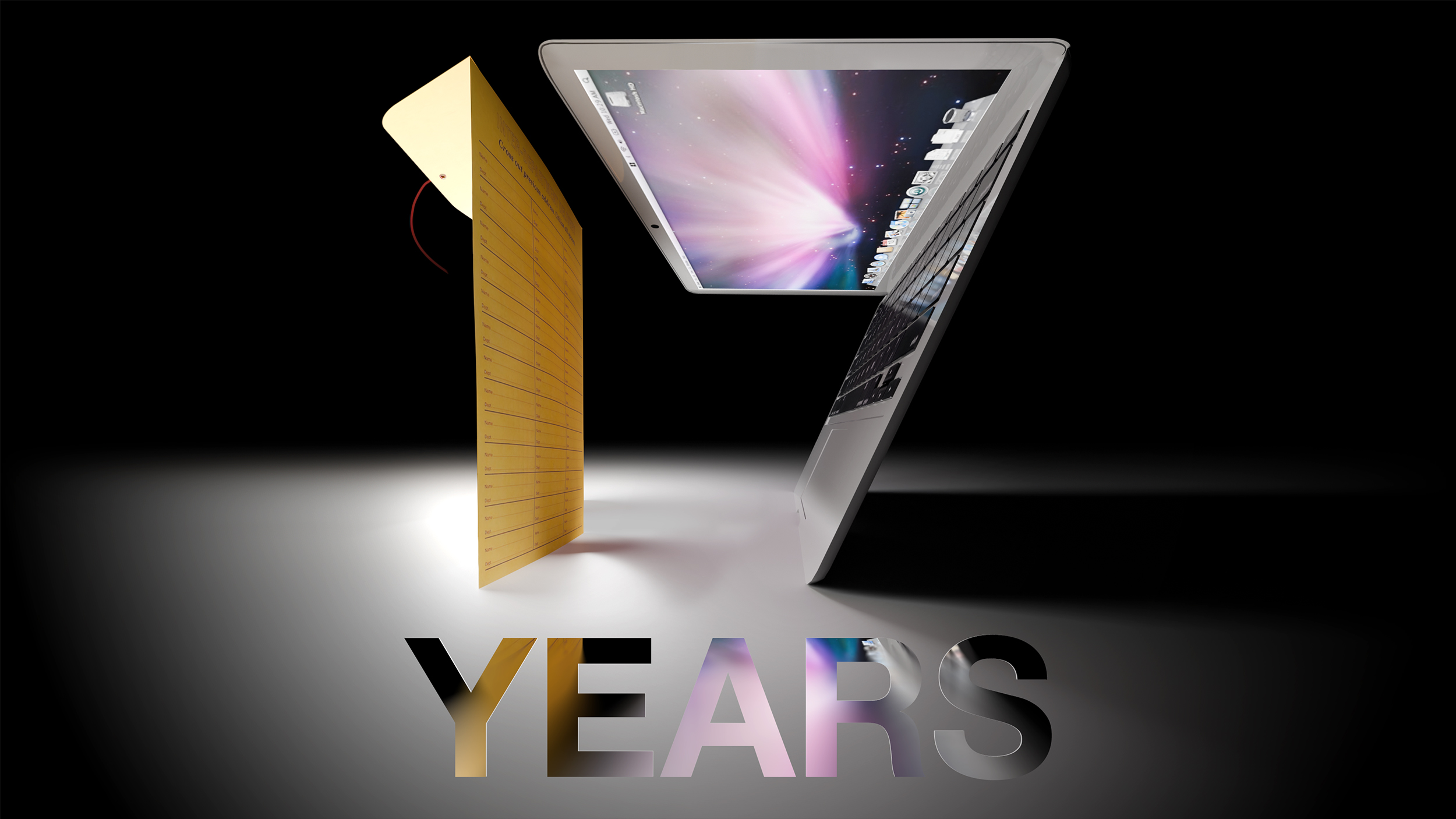ICYMI: the week’s 7 biggest news stories from Meta AR glasses to Disney Plus’ password sharing crackdown
[[{“value”:”
This week has been another hectic one in the world of tech. Samsung’s One UI 6.1 update – which was supposed to make its tech better – actually made Galaxy S23 phones worse (though there is a temporary fix), OpenAI released a weird AI-made music video, and Meta teased its first AR glasses.
To help you get up to speed on the latest tech stories we’ve recapped these and the others so you can get caught up on the most important events from the last week. You’ll also find links to our full coverage of every story if you want to learn more.
So scroll down for your firmware update, and we’ll see you next week for another ICYMI.
7. PlayStation Portal lost its PSP emulator
The PlayStation Portal (Image credit: Future/Rob Dwiar)
This week it became even more clear that the streaming-only PlayStation Portal remote player won’t be getting any offline functionality any time soon. Back in February, a team of programmers claimed that they had managed to get some PlayStation Portable (PSP) games running natively on the handheld, which usually requires a PlayStation 5 console to play games over an internet connection.
Don’t get too excited though, because the same team revealed that the exploits they used to get the games running have been patched after they “responsibly reported the issues to PlayStation”. The alleged change came as part of the wider version 2.0.6 software update and, while the official release notes cryptically state that the update simply “improved system software performance and stability”, it definitely seems plausible that Sony would patch out such an exploit if it was found.
Whether we’ll see such games supported without an internet connection officially is yet to be seen, but the handheld is firmly remote play only for now.
Read more: Programmers got PSP games running on the PlayStation Portal
6. Samsung’s One UI 6.1 update wreaked havoc
A Samsung Galaxy A54 (Image credit: Future | Alex Walker-Todd)
It’s been a whirlwind week for Samsung Galaxy S23 users who downloaded the big One UI 6.1 update, which finally brings Galaxy AI features to last-gen Samsung phones.
Just a few days after some Samsung fans blamed One UI 6.1 for causing slower charging speeds on older Galaxy phones, others reported that the company’s latest update had wreaked havoc on the touchscreen functionality of certain Galaxy S23, Galaxy S23 Plus and Galaxy S23 Ultra devices. Several users claimed that their Galaxy S23 displays were left “totally unresponsive” following the One UI 6.1 download, while others said their touchscreen functionality was limited to the S Pen. Yikes!
Thankfully, Samsung quickly acknowledged the problem, identified the cause, and issued a temporary fix. The company blamed “compatibility issues with some Google app features”, specifically Google Discover, for the irregular touchscreen behavior triggered by One UI 6.1, and added that deleting the Google app’s data should put a stop to any touchscreen slowdown (for now, at least).
Read more: Samsung shares temporary fix for Galaxy S23 touchscreen issue
5. Google agreed to delete Incognito mode data
Google Incognito Mode isn’t so private (Image credit: Getty Images)
Not to alarm you but all that incognito browsing you’ve been doing in Chrome? Turns out that maybe Google was storing some of the data related to it.
No judgments here but it’s a revelation that we first heard whispers about a few years back when someone in California launched a class-action lawsuit. Google said, “Nope,” but now there’s a settlement that Google’s agreed to, which appears to indicate that, even as Google still sort of says, “Nope” there is something to delete (not locally but somewhere in Google’s cloud).
As part of the agreement, which will be signed in June, Google agreed to delete any incognito data it stored, change its incognito browser messaging, and will allow people to proactively block third-party cookies when in this mode.
As we see it, it’s a reminder that you should never assume that no one else can see what you’re browsing in any mode.
Read more: Google may have been storing your incognito browsing data
4. Disney set a date for its password sharing crackdown
Disney Plus password sharing is going extinct (Image credit: Netflix / Disney+ / Amazon Prime Video)
It was announced that the Disney Plus password sharing crackdown will begin in June according to Disney CEO Bob Iger. Thankfully it won’t hit everyone right away, with Iger explaining that “In June, we’ll be launching our first real foray into password sharing in just a few markets, but then it will grow significantly with a full rollout in September.”
What this means in practical terms is that by the end of September at the latest you’ll no longer be able to share your Disney Plus account with people you don’t live with.
The move comes after years of Disney hemorrhaging money – though its financial situation has been improving as of late – and following Netflix’s wildly successful password sharing crackdown. Despite users claiming they’d abandon the streaming service, Netflix’s subscriber numbers instead rose massively – so clearly Disney is hoping to replicate that with its own account sharing shutdown.
Read more: Disney Plus’ password crackdown starts in June
3. OpenAI released Sora’s first (very odd) music video
Sora – OpenAI’s text-to-video tool – was used to create a music video for the song Worldweight by August Kamp this week, and the result is a trippy romp through forests, beaches, underwater habitats and various otherworldly environments.
It’s an interesting watch for simply the sheer novelty of the project, though the unsettling vibe caused by the classic AI-image blurred look and the various hallucinations – where Sora makes errors – are yet another reminder that the tool still struggles to create ‘normal-looking content’.
For independent creators looking to embrace weirdness, Sora might be a popular tool, but despite Hollywood studios reportedly being interested in the technology we’re still far from convinced we’ll one day see a Sora-made blockbuster.
Read more: OpenAI’s Sora first music video is psychedelic trip
2. Apple reportedly started work on a robot
The Amazon Astro home robot (Image credit: Amazon)
Apple’s car project might have been permanently parked, but it’s apparently already working on its next pie-in-the-sky idea: a personal robot.
This week, Bloomberg’s Mark Gurman (who often shares credible Apple insider information) reported that Apple “has teams investigating a push into personal robotics.” One of the proposed designs would be a mobile assistant that follows you around and can perform some household tasks, and another would in effect be a moving tablet.
As with all leaks we should take this with a pinch of salt – especially because the project is apparently still in its early stages, so who knows when or even if Apple’s robot will ever see the light of day. But we’ll be watching with interest even so.
Read more: Apple could be planning a surprise Amazon Astro robot rival
1. Meta teased its first AR glasses
Ray-Ban Meta Smart Glasses (Image credit: Meta)
Meta’s Reality Labs – the team behind its VR tech – turned 10 this week, and to celebrate Meta released a blog post highlighting major events from the team’s history. It’s a delightful trip down memory road, sure, but what was more interesting was Meta’s first official teaser of its next major new hardware release: AR glasses.
According to the blog post, these AR specs would “deliver the best of both worlds” by blending Meta’s VR hardware (like the Meta Quest 3) with the form factor and AI abilities of its Ray-Ban Meta Smart Glasses.
Rumors have suggested Meta’s AR glasses could land in 2027 at the earliest – so we have a while to wait – but if they deliver on what’s been teased then we can’t wait to test them out.
Read more: We’re excited for Meta’s first AR glasses
“}]]





